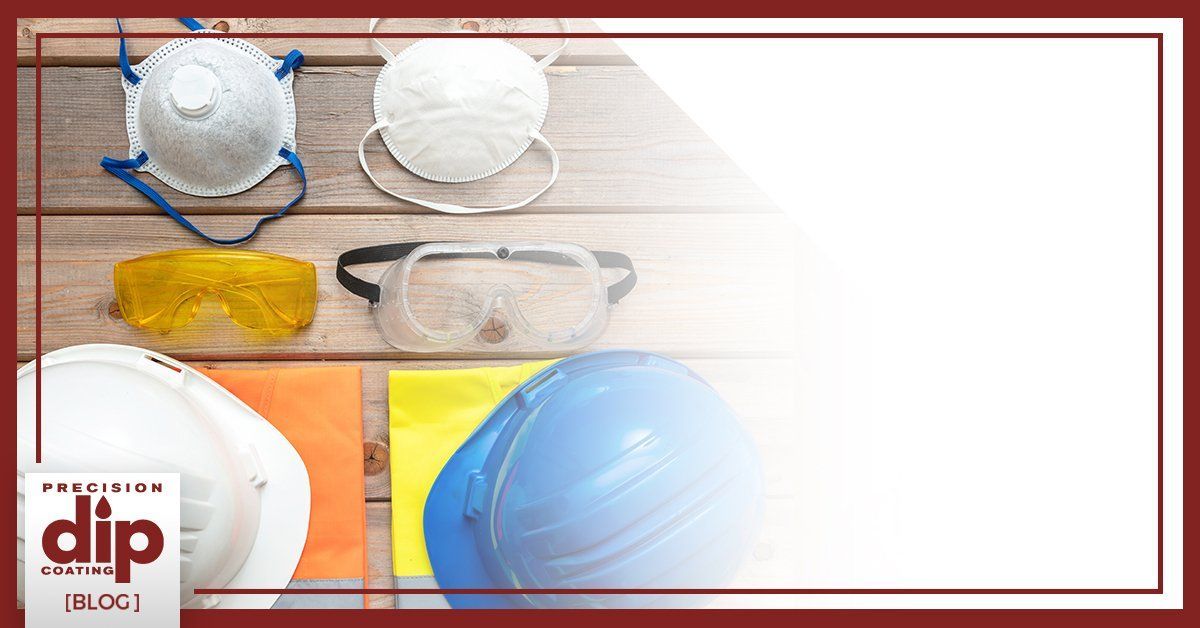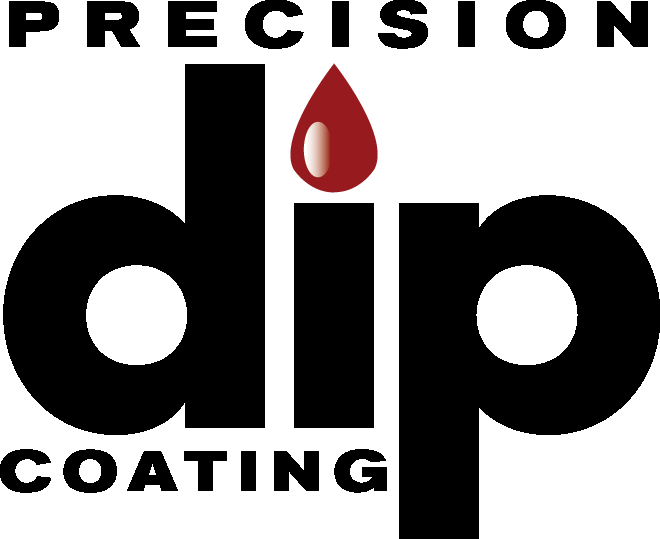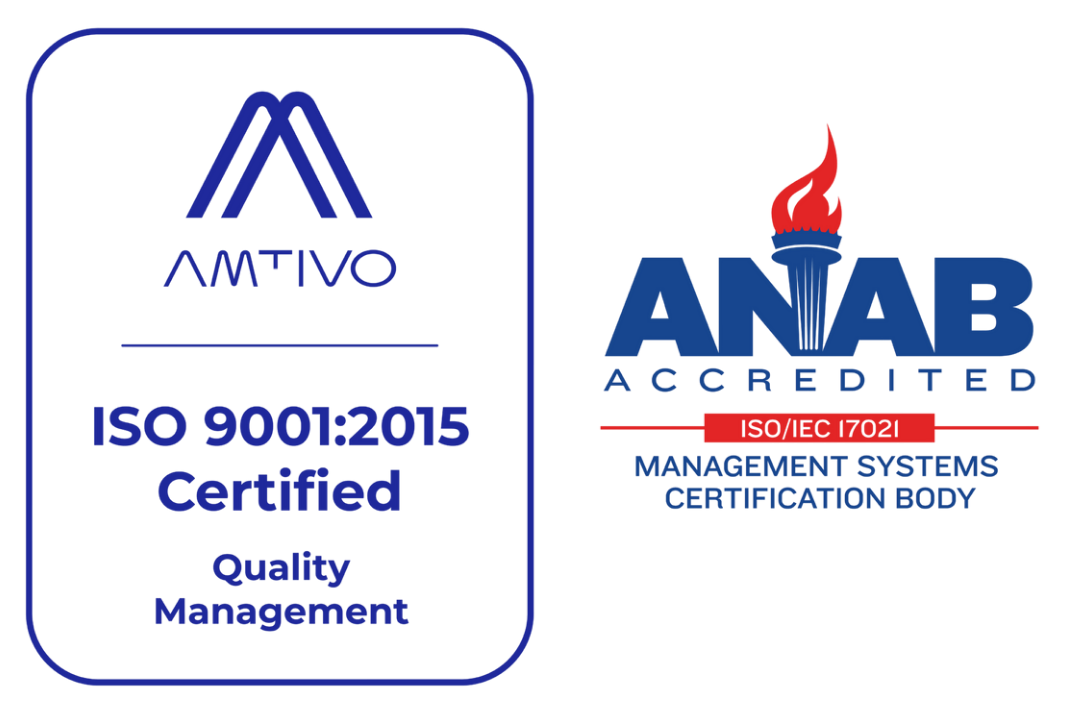Proper Coating on Safety Equipment

We know you take safety seriously -- we do, too! Proper safety equipment is a vital part of managing the risks and hazards of many jobs, and a proper coating on that equipment can add that required level of safety. Plastic dip and fluidized bed coatings can make safety equipment as effective as possible.
Coatings for Electrical Safety
Plastic coatings are frequently used as insulating material for electrical tools, equipment, and components, protecting them from coming into contact with users and with other parts as well as offering protection against moisture, dirt, and other environmental hazards. Many plastic materials are excellent insulators (they possess high dielectric strength), and so are suitable materials to coat such items as:
- Bus bars, bus bar boots, and other high-voltage equipment
- Electric switches, motors, and relays
- Power distribution connectors
- Underground tap connectors
Popular Coatings for Electrical Safety
Coatings often used to insulate electrical items include:
- Vinyl
- Nylon
- Plastisol
- Epoxy
Coatings for Tools & Personal Protective Equipment (PPE)
A variety of coatings are available to coat safety equipment, gear, and tools. Coatings protect these items and their users from such risks as:
- Chemical exposure
- Heat
- Fire
- Electric shock
- Injury
- Dirt
- Other environmental conditions
Popular Protective Coatings for Safety
Plastisol
Durable, highly resistant, flexible and grip-enhancing, plastisol is a resilient, long-lasting coating. A plastisol coating adds safety by reducing vibration, insulating against electrical contact, making tools easier to grip, and providing chemical, corrosion, impact, and abrasion resistance. Plastisol lends itself naturally to protective footwear and outerwear, particularly when flame retardants are added.
Nylon
Smooth, resistant, and unaffected by UV light exposure, nylon coatings can improve the life-expectancy of safety equipment. It's an excellent coating to add safety to ropes and cables.
Epoxy Powder
The hard film achieved with durable, insulating epoxy powder coating makes it excellent for long-lasting electrical protective uses.
Polyolefin
Highly resistant and well-suited to outdoor exposure, polyolefin coatings are especially useful for coating equipment that will be exposed to corrosive materials.
Polyester
Familiar and durable, polyester powder coating stands up to the worst mother nature can bring, including UV exposure.
Whatever materials and people you need to protect, there is likely a dip coating to do the job.
Contact us today to see how we can make your worksite and your people safer.







